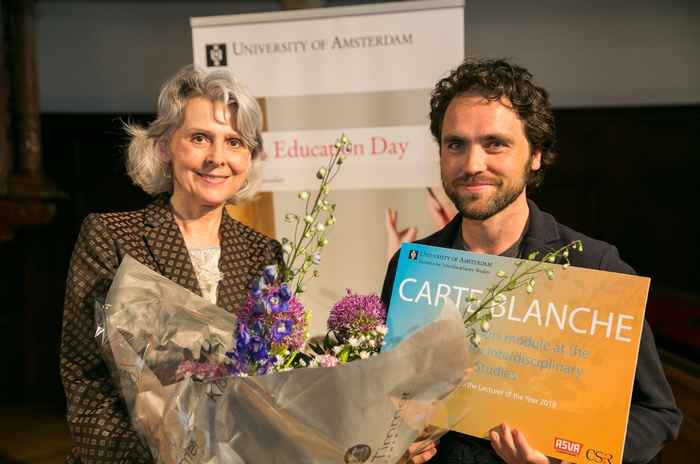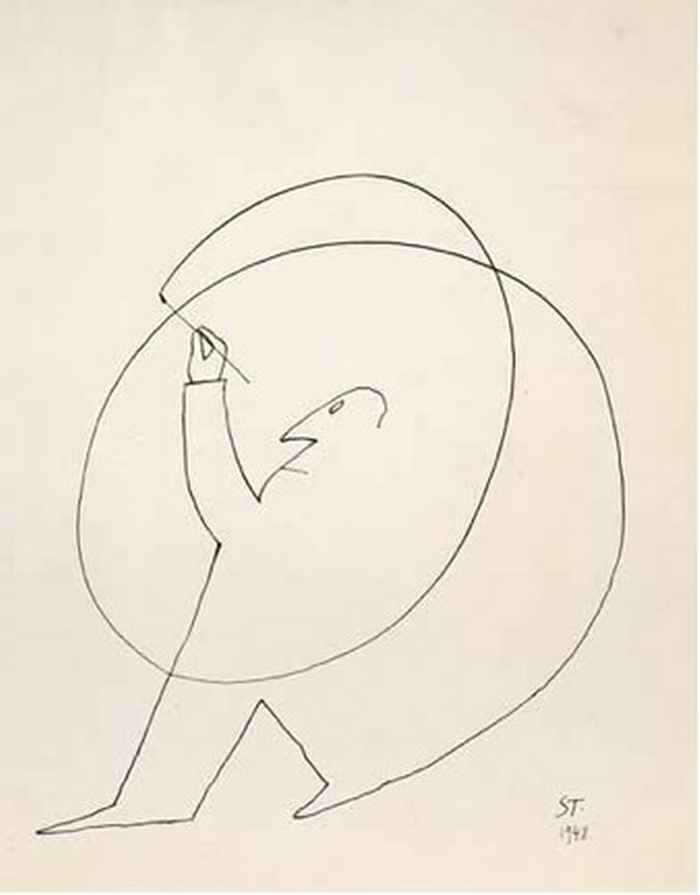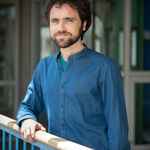Follow-up Carte Blanche: Open
30 November 2021

Elio Baldi reminisces: "The Carte Blanche was a wonderful and very exciting prize for me. The range of possibilities that open up, just by using the words 'carte blanche', also carry responsibility and a challenge with them. So my thoughts went in many different directions, especially since it is an interdisciplinary module."
Ultimately, Baldi was able to explore this interplay, between possibilities and limitations, disciplinary boundaries and interdisciplinary exploration, within the theme Open. The Honours module Open examines the idea and ideal of openness in different disciplines and across different parts of our society. What makes openness attractive? And why is it so difficult to actually be open in various areas?
Implicit structure
The lectures have an implicit overarching structure, inviting participants to take different perspectives on different issues. Baldi explains: "The course is structured deliberately in order to make sure that both the students and I are invited to get out of our comfort zone. Of course, the course has a certain framework, but at the same time, I try not to follow too much of a pre-determined structure, because that would not fit in with the theme."
The structure of the course was unusual and creative. The structure could have changed but the message would still be clear and present, making the layout open for changes and additions or deletions. And this is one aspect I liked about the course already. The content was also really inspiring.Michele Pulicelli, student

Personal interpretation and creativity
Each class opens with a discussion led by the students. The assignments are primarily focused on the students' reflections. Baldi describes: "Students do not only write about the themes we discuss; there is also a creative final symposium. There is plenty of room for personal interpretation: there are some guidelines for the assignment, but not a very clear description of what the student should do exactly. The student's contribution can therefore take various forms, close to the student's interests (such as music or poetry), or, rather, forms that the student wants to explore and has not tried before."
Form and content
By doing this open assignment, the students are confronted with how difficult it is to give structure and to think of content when - almost - everything is possible. They are challenged to think about how form influences content. The students are also asked to think about the audience they want to reach with their contribution, and how the form relates to that.
Pulicelli remarks: "Open gave me the opportunity to gain interesting and inspiring philosophical, scientific, social, political, architectural and literary knowledge in relevant topics from the past, the present and the future. The realisation that it is always difficult to find answers that apply to everyone also influences the way I critically look at scientific research."

It is fantastic to see how students from different backgrounds relate to this theme, and how they often result in wonderful projects. In no other course do I grade the assignments with as much pleasure as I do with Open, no matter how challenging the chosen form can sometimes be for me as a teacher!Elio Baldi
More information
Every year, the Institute for Interdisciplinary Studies (IIS) awards the so-called 'Carte Blanche' to the UvA Lecturer of the Year. With this award, the teacher is at liberty to develop an interdisciplinary education module at the IIS. The Honours module Open is on the curriculum from February to May 2022, open to second-year and third-year students participating in an Honours programme.